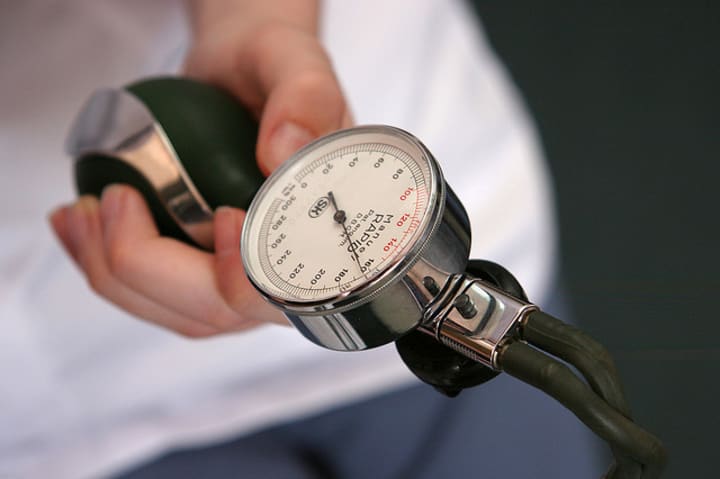A year ago today, I was in St. Vincent’s Medical Center’s cardiac care unit, recovering from quintuple bypass surgery. I had a breathing tube in my throat and a line in my carotid artery that my daughter said was the size of her little finger. For weeks afterward, as my heart mended, I was so weak that the least exertion left me out of breath.
I had been relatively healthy, maintaining a weight of 165 pounds at 6 feet, exercising daily and eating a mostly Mediterranean diet. I got regular physicals, and, although I was in my late 60s, had none of the known risk factors for heart disease. To my knowledge, I also had none of the symptoms. Though I had been feeling more tired than usual, I chalked it up to age.
However, my primary care doctor, Kristine Lisi, insisted I get a cardiogram as part of my physical. It didn’t look right, so she sent me to a cardiologist, Dr. Jared Selter.
I checked into St. Vincent’s for what I thought would be a routine cardiac catheterization, only to learn that four of my coronary arteries had significant blockages. The fifth was closed entirely. Moreover, I had sustained what is known as a “silent heart attack,” the anomaly Lisi spotted on my EKG.
Suffice it to say, I didn’t leave the hospital after my angiogram. I was the proverbial “time bomb” waiting to explode. Dr. Albert Dimeo, a cardiovascular surgeon at St. Vincent’s, performed the artery repairs several days later. During this procedure, the heart is stopped and the blood circulated by machine. And, freaky as it sounds, the patient’s body is bathed in ice, chilling it to 34 degrees to reduce the chance of cognitive damage.
My surgery and recovery were a success, so yes, we celebrate. I was lucky. But thousands of Americans don’t enjoy my good fortune. Coronary artery disease is the leading killer of men and women in the United States and, unfortunately, it doesn’t always have obvious symptoms.
As February is National Heart Month, here are warning signs to watch for:
• Squeezing chest pain; • Pain in the jaw, shoulder or back or pain that radiates down the arm; • Nausea, sweating and vomiting; • Shortness of breath; • If you are a woman, the sign could be as subtle as arm ache while brushing your hair; • For men, reflux-like burning during exertion.
The risk factors are a family history of heart disease, advancing age, hypertension, abnormal cholesterol, diabetes and obesity.
If you have a primary relative – parent or sibling – who died of a heart attack in their 50s or younger, you should see a cardiologist for a consultation and testing.
And don’t think you needn’t worry because you're only in your 40s or 50s. According to Dr. Kathleen Harper, a cardiologist at St. Vincent’s, “The culture is moving in the direction of higher risk at an earlier age.”
The author wishes to thank his daughter Nicole, a gifted writer, for her substantial assistance in the preparation of this article.
Click here to follow Daily Voice Westport and receive free news updates.


